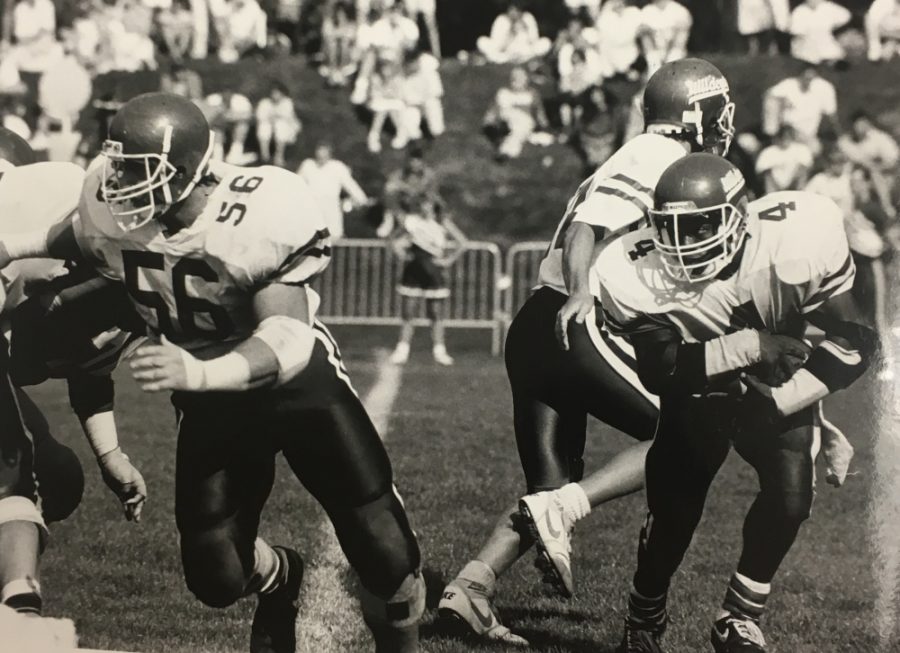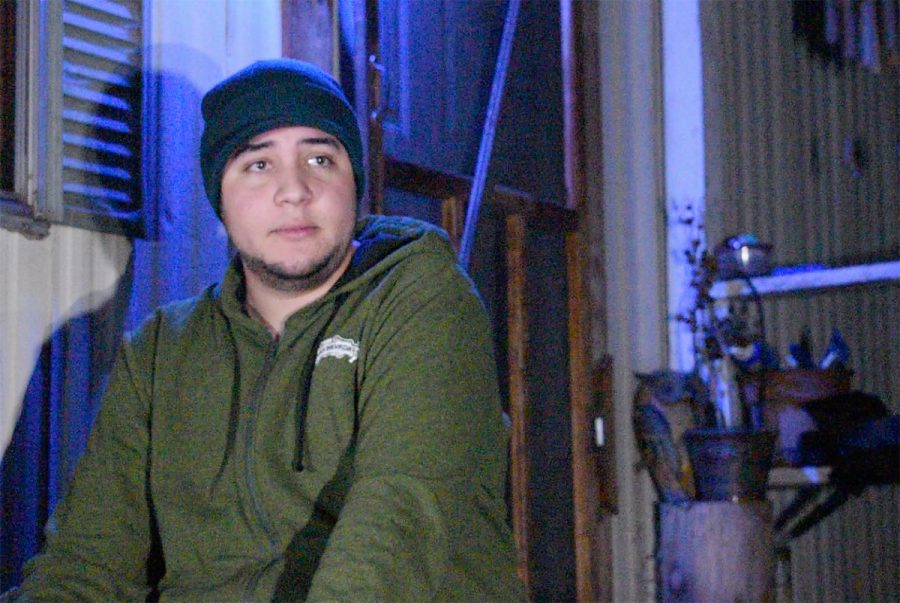A speech is given in almost every class at the beginning of each semester at Chico State is the academic dishonesty speech. That one where the instructor warns students that if they are caught cheating, they risk an automatic F in the class and the possibility of expulsion.
Despite how tired this warning is, there are still multiple incidents of students caught cheating every semester.
According to Sandy Parsons, the director of Student Judicial Affairs (SJA), there have currently been 23 cases where a student was found responsible for cheating between 2016-2017.
This is down from previous years, where there were 40 cases between 2015-2016, and 78 cases between 2014-2015.
While there has been a decrease in follow up-incidents, there has been an increase in “Report-only” incidents according to Parsons. These incidents are cases where a student was reported for plagiarism or other violations of academic integrity but the instructor chose not to involve SJA any further than the report. These students still receive a punishment chosen by the instructor, most often an F on the assignment or the whole class.
“The problem with this is that we lose the opportunity to track cases and identify patterns and students who have multiple reports,” Parsons said.
Parsons also commented that several instructors don’t even write a report, deciding to handle the case entirely themselves.
This goes against the recommendation of Chico State’s policy on academic integrity, which asks that a report is made on every incident of cheating, even if the instructor handled the punishment themselves.
This becomes a problem when the student is not reported on the first incident and may continue to cheat in other classes. And what of other methods of cheating, such as making alterations to Blackboard. Is it possible for a student to hack their grades to improve them?
According to Chad Olson, an instructional technology consultant at the Learning and Technology Program (LTP), the answer is no.
“There has never been an incident where a student hacked into Blackboard and changed their grades,” Olson said. “Blackboard is specifically set to only allow control over grades to instructors. The instructors have special credentials that the system recognizes to allow them that authority.”
And even in an extreme case, such as a student stealing an instructor’s credentials, there are fail-safes.
“We have contingencies for that outcome. Any change to the system, no matter how small, is recorded for review. This makes it extremely simple for us or an instructor to find the change and correct it,” he said.
With these fail-safes in place, the only way for students to cheat is through their assignments, which is why SJA is adamant that instructors stay vigilant, and remind students of the costs of cheating.
“Unfortunately, cheating happens on all college campuses and students are using increasingly sophisticated ways to cheat,” Parsons said. “Everyone who teaches or is responsible for activities where students may cheat need to stay abreast of ways students cheat in order to prevent it.”
Andrew Freeman can be reached at [email protected] or @theorion_news.












